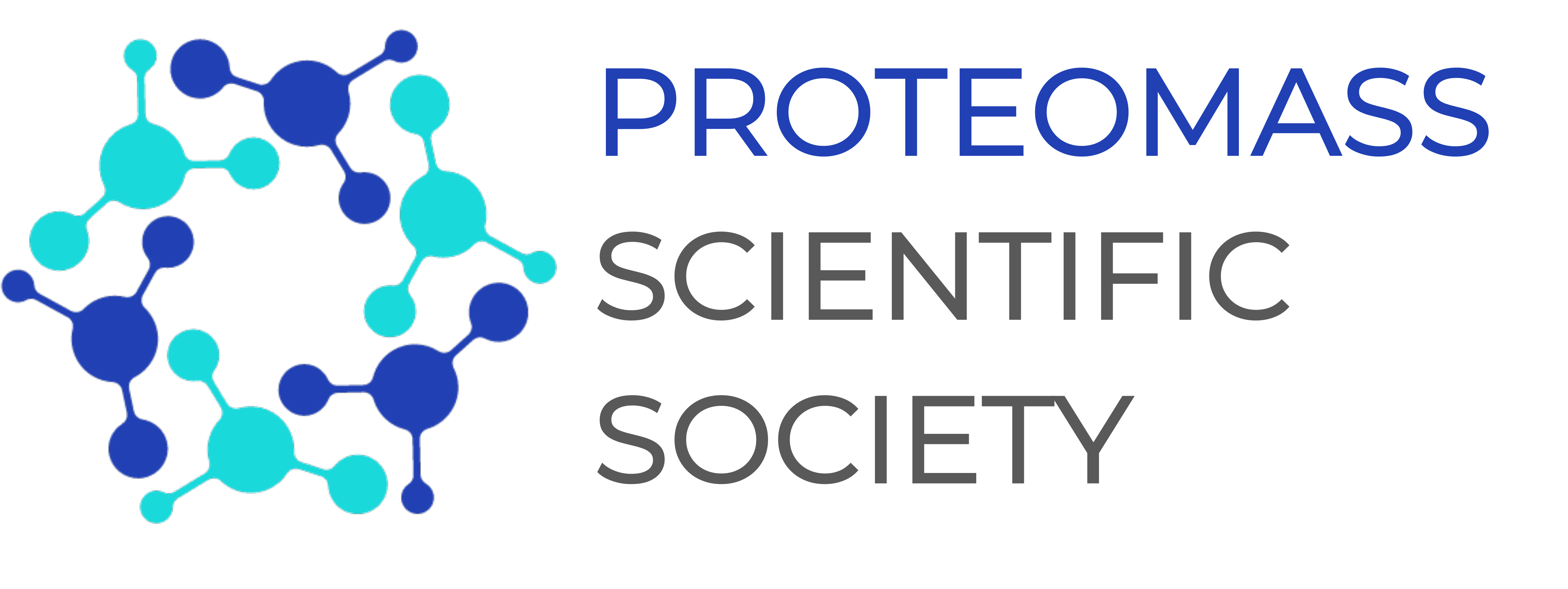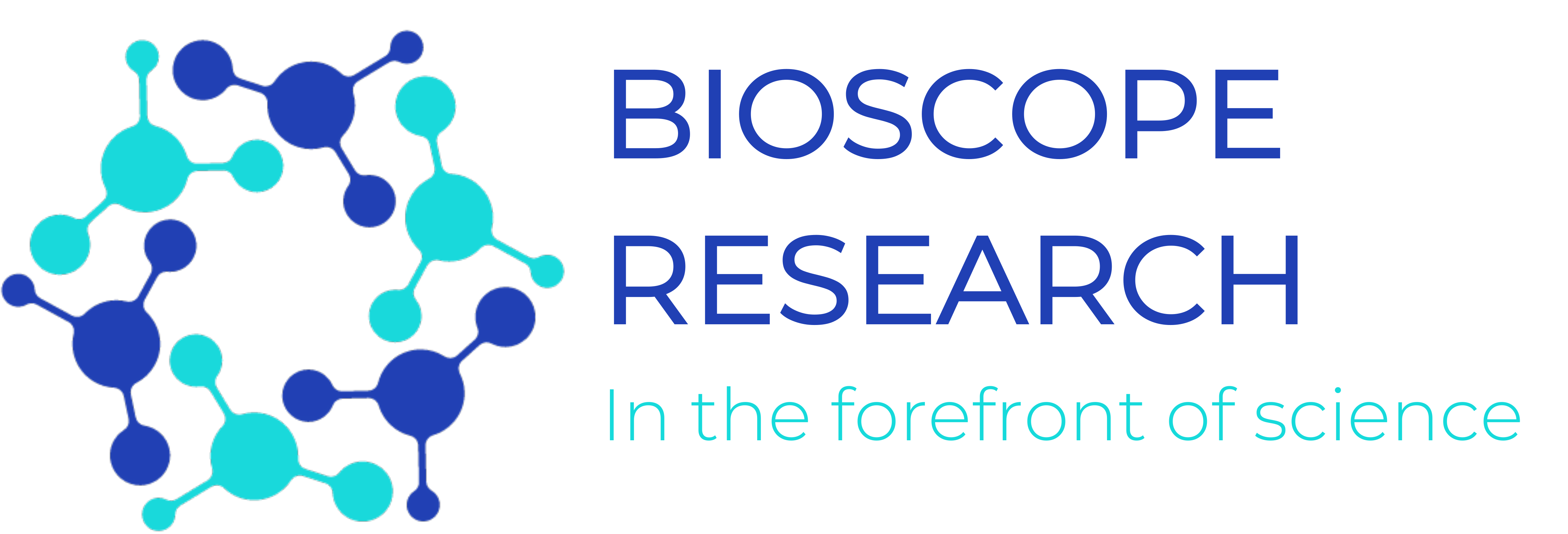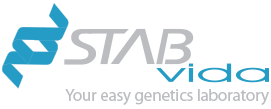
Oral Speakers
Frank Kjeldsen, PhD
University of Southern Denmark (Denmark)
Advances in Negative Ion Mode Proteomics Through MS/MS-Free Approach for Broader Proteome Analysis
Alan Stewart, PhD
University of St Andrews (United Kingdom)
Identification of plasma proteins that bind zinc displaced by fatty acids from albumin
Claudia Blindauer, PhD
Department of Chemistry, University of Warwick (United Kingdom)
On the hunt for recipient proteins for plasma zinc displaced by fatty acids from albumin
Gabriela Lochmanova, PhD
CEITEC, Masaryk University (Czech Republic)
Sperm Cell Analysis: From Spermiogram to Proteomics
Shawn Gomez, PhD
University of North Carolina at Chapel Hill (USA)
New tools and data resources to illuminate the understudied kinome
Johan Kros, PhD
Erasmus Medical Center Rotterdam (Netherlands)
Proteomic analysis of microglial response during progression of Alzheimers disease.
D. R. Mani, PhD
Broad Institute of MIT and Harvard (USA)
Computational Methods for Proteogenomic Data Analysis
Jakub Wlodarczyk, PhD
Nencki Institute (Poland)
Stress resilience is an active and multifactorial process manifested by structural, functional, and molecular changes in synapses
Scott Napper, PhD
University of Saskatchewan (Canada)
Kinome profiling of peripheral blood mononuclear cells collected prior to vaccination reveals biomarkers and potential mechanisms of vaccine unresponsiveness
Maria-Magdalena Georgescu, PhD
NeuroMarkers (USA)
Diagnostic genomic-transcriptomic-proteomic correlations in glioblastoma
Hajer Jasim, PhD
Karolinska Institutet, Eastman Institutet (Sweden)
Salivary biomarkers in masticatory muscle pain
Bogdan Budnik, PhD
Wyss Institute, Harvard University (USA)
An automated single cell proteomics workflow for studying single cell functions
Iulia Lazar, PhD
Virginia Tech (USA)
Cell Membrane-Secretome Interactions in Metastatic Cancer Progression
Lakshmi Pulakat, PhD
Tufts Medical Center/Tufts University (USA)
Proteomics of the cardiopulmonary pathology in an obese and diabetic female rat model – Evidence for a new female HFpEF rat model.
Thibault Mayor, PhD
University of British Columbia (Canada)
Shift of the insoluble content of the proteome upon aging
Danny Hatters, PhD
University of Melbourne (Australia)
Probing protein structure and function in cells with protein painting
Robert Mahley, PhD
Gladstone Institutes (USA)
Neuronal Apolipoprotein E Expression Results in Proteome-wide Alterations and Mitochondrial Dysfunction
Jerome “Makis” Zoidakis, PhD
National and Kapodistrian University of Athens (Greece)
Elucidation of molecular featuresassociated with progression of Monoclonal Gammopathies to Multiple Myeloma
Michael Moran, PhD
University of Toronto (Canada)
Proteome and Metabolome linkages shared in aggressive cancers and optic neuropathies
Anders Christensson, PhD
Dept Nephrology, Skåne University Hospital, Lund University (Sweden
The footprint of the human plasma proteome in relation to the glomerular filtration process in normal kidneys and in chronic kidney disease.
Justyna Karkowska-Kuleta, PhD
Jagiellonian University, Kraków (Poland)
The proteomic aspect of the interactions between Candida pathogenic fungi, extracellular vesicles, human host and accompanying bacteria
Veronique Francoise Calleja, PhD
Hawk Biosystems (Spain)
Beyond PD-L1: Unraveling the enigma of immunotherapy response in PD-L1 negative NSCLC patients through quantification of PD-1/PD-L1 engagement in the tumor microenvironment
Standa Langr, PhD
MMCI (Czech Republic)
Alba Trueba, PhD
University of Santiago de Compostela (Spain)
Applications of metaproteomics to water biotechnology
Chengguo Xing, PhD
University of Florida (USA)
Potential of kava in reducing lung cancer risk – mechanism-based biomarker discovery and analysis
Isaura Simoes, PhD
Old Dominion University (USA)
Elucidating how pathogenic spotted fever group Rickettsia modulate proteome signatures in host cells: new insights into rickettsial pathogenesis and cell-to-cell communication
Masood Kamali-Moghaddam, PhD
Uppsala University (Sweden)
Advancement in Molecular Tools for Biomarker Detection and Characterization
Francisco Calderón Celis, PhD
University of Oviedo (Spain)
Tandem Elemental and Molecular Mass Spectrometry for Absolute Quantitative Proteomics
Zhi Jane Chen, PhD
University of Gdansk (Poland)
Quantification of plasma protein changes associated with the development of colorectal cancer
Julian Whitelegge, PhD
UCLA (USA)
Membrane proteins of the mouse brain proteolipidome
Ansgar Poetsch, PhD
Nanchang University (China)
Integration of phosphor-comics, proteome reveals the key molecular regulation mechanism underlying nitrogen stress adaption in Nannochloropsis oceanica
Lars Plate, PhD
Vanderbilt University (USA)
Probing the Spatial-Temporal Landscape of Proteostasis and Metabolons via Interactomics
Balwant Tuana, PhD
University of Ottawa (Canada)
The tail-anchored membrane protein SLMAP is essential for embryonic development and operates independently from Hippo signaling.
Nicolas Sergeant, PhD
Inserm UMRS1172 (France)
P97/VCP interactome defines the regulatory signaling pathways regulating Alzheimer’s disease pathophysiology
Hao Lyu, PhD
University of Electronic Science and Technology of China (UESTC) (China)
Epigenetic pattern recognition based on machine learning
Alan Wells, PhD
University of Pittsburgh (USA)
Applied proteomics: signal-activating peptides as novel therapeutics
Gabriela Chiosis, PhD
Memorial Sloan Kettering Cancer Center (USA)
Unveiling Disease Mechanisms: Exploring Epichaperomics for Insights into Protein-Protein Interaction Dysfunctions
Chun Hei Li, PhD
Utrecht University (Netherlands)
Spatiotemporal proteomics reveals biosynthetic lysosomal membrane protein interactome in neurons
Jason Held, PhD
Washington University Medical School (USA)
An atlas of plasma extracellular vesicle proteins distinguishing cancer and doxorubicin sensitivity
Iain Scott, PhD
University of Pittsburgh (USA)
Dysregulated Protein Acetylation Promotes Cardiac Diastolic Dysfunction
Sanjeeva Srivastava, PhD
Professor, IIT Bombay Mumbai (India) and Visiting Professor, UCSF California (USA)
BrainProt: Unraveling the Omics Landscape to Decode the Human Brain and Neurological Conditions
E. Richard Stanley, PhD
Albert Einstein College of Medicine (USA)
Understanding dendritic cell activation mechanisms through (phospho)proteomics
Geert van den Boogart, PhD
University of Groningen (Netherlands)
Understanding the basis of CSF-1 receptor–related leukoencephalopathy (CRL)
Ornelia Cominetti, PhD
Nestlé Research (Switzerland)
Proteomics reveals unique plasma signatures in constitutional thinness
John Marshall, PhD
Toronto Metropolitan University (Canada)
Ion extraction of hydrogen rearrangements and heavy isotopes reduced the type II error rate of plasma proteomics
Julie Gavard, PhD
INSERM (France)
The paracaspase MALT1 controls cholesterol homeostasis in glioblastoma stem-like cells through lysosome proteome shaping
Nathaniel Vacanti, PhD
Cornell University (USA)
Insulin resistance and Alzheimer’s Disease: regulation of metabolism and the proteome
David Meierhofer, PhD
Max Planck Institute for Molecular Genetics (Germany)
A multi-omics approach was employed to investigate the subtypes of renal cell carcinoma
Maria Monti, PhD
Department of Chemical Sciences, University of Naples Federico II (Italy)
The investigation of the Spike interactome suggests other crucial roles in the pathophysiology of Sars-Cov-2, in addition to receptor recognition
Joanna Perła-Kajan, PhD
Poznań University of Life Sciences (Poland)
FAIMS increases the number of identified N-Hcy sites in mouse brain and liver proteins
Simon Gregersen Echers, PhD
Aalborg University (Denmark)
The role of MS-based proteomics for production of protein hydrolysates with targeted functionality in foods
Hinrich Hansen, PhD
University of Cologne (Germany)
Stromal cells support the survival of human primary chronic lymphocytic leukemia (CLL) cells through Lyn-driven extracellular vesicles
Egon Bech Hansen, PhD
Technical University of Denmark (Denmark)
Selectivity and specificity of cell envelope proteases (CEP) of lactic acid bacteria (LAB)
Ronghu Wu, PhD
Georgia Institute of Technology (USA)
Mass Spectrometry-Based Methods to Comprehensively Characterize Glycoproteins on the Cell Surface and Their Dynamics
Pietro Traldi, PhD
Istituto di Ricerca Pediatrica Città della Speranza (Italy)
Classical and Emerging Proteomic Strategies based on mass spectrometry
Sara Artigas Jerónimo, PhD
University of Castilla- La Mancha (Spain)
Deficient hypothalamic leptin signalling modifies the visceral white adipose tissue proteome signature
Elisa Robotti, PhD
University of Piemonte Orientale (Italy)
Chemometrics applications in proteomics and multi-omics in food analysis
Dori Woods, PhD
Northeastern University (USA)
Unveiling the Multifaceted Landscape of Mitochondrial Heterogeneity with a Comprehensive Proteomics Approach
Irina Savvina, PhD
Almazov National Medical Research Centre (Russia)
Metabolomic profile of patients with sepsis-associated encephalopathy
Mona Dvir-Ginzberg, PhD
Institute of BioMedical and Oral Research (Israel)
HU308 Mitigates Osteoarthritis by Stimulating Sox9-Related Networks of Carbohydrate Metabolism
Jean-Marc Rolain, PhD
IHU Méditerranée Infection (France)
Using genomic and proteomic to decipher colistin resistance in Gram negative bacteria : the paradigm of inactivation of the arn operon and loss of aminoarabinose on lipopolysaccharide as the cause of susceptibility to colistin in an atypical clinical isolate of Proteus vulgaris
Rabih Jabbour, PhD
US Army DEVCOM-CBC (USA)
Proteomics-based Approach For Chemical Threats Identification in Plasma Proteins: A Paradigm Shift
Dongbao Chen, PhD
University of California, Irvine (USA)
Sulfhydration of BKβ1 at Cysteine-53 Mediates H2S-stimulated Activation of Human Uterine Artery Smooth Muscle BKCa Channels
Luís Carvalho, MSc
NOVA University Lisbon (Portugal)
Icoquih Zapata-Peñasco, PhD
Mexican Petroleum Institute (Mexico)
Proteomics application in the oil industry: the case of marine pipeline biocorrosion
Anthony Purcell, PhD
Monash University (Australia)
A clinical immunopeptidomics pipeline for ultrasensitive high-throughput analysis of patient derived materia
Joerg Fettke, PhD
University of Potsdam (Germany)
Analytics of Starch-Interacting Proteins
Marta Lopes, PhD
NOVA School of Science and Technology (Portugal)
Unveiling glioma heterogeneity by gene-protein biomarker detection via network discovery and dimensionality reduction
Emanuele Micaglio, PhD
Arrhythmology and Electrophysiology Department, San Donato Milanese Hospital, Milan (Italy)
Clinical relevance of NOD2 mutations among patients clinically affected by immune dysregulation disorders
Zubida Al-Madjoub, PhD
Centre of Applied Pharmacokinetic Research (CAPKR), University of Manchester (UK)
The Default Assumption of the kcat during In vitro-In vivo Extrapolation (IVIVE); Is It Correct?
Dalila Bensaddek, PhD
Analytical Core Lab- Proteomics, KAUST (Saudi Arabia)
DDA Proteomics: Teaching an old pony new tricks ?














